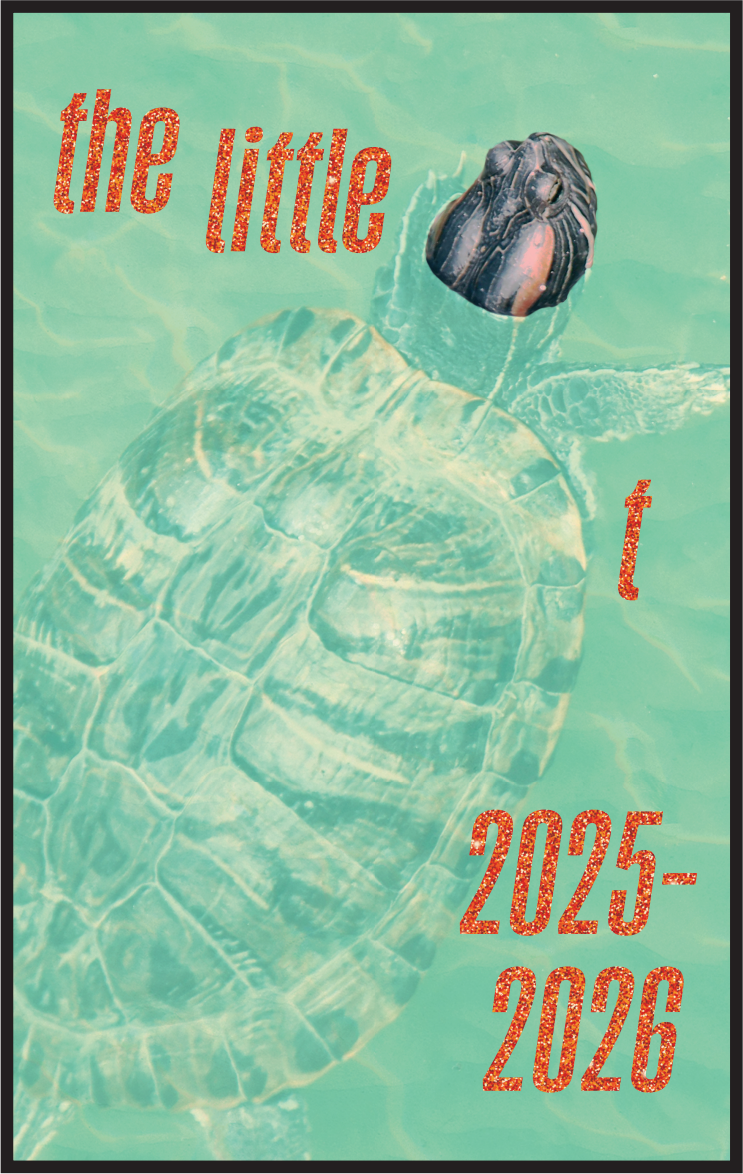Read the little t!

I stayed awake at 2 a.m. during my first week at Caltech, sitting on my bed surrounded by half-unpacked boxes. On one side was a physics problem set that I didn’t understand, and on the other was this small book everyone whispered about—the little t. I initially thought it was some campus oddity, like an inside-jokes dictionary I hadn’t learned yet. But curiosity eventually got the better of me. I opened it.
The first word I encountered was “Frosh.” Easy enough, since I was one. But shortly after, I read “Flick,” which was defined as “the process of taking the longest possible time to do the smallest possible amount of work.” I burst out laughing. Then came “Extension: Not as hard to get as you might think. See Flame.” Suddenly, this book was not just entertaining—it was resonating with the frustration and confusion I was experiencing.
However, not all words are useless; in fact, some are essential because they form your everyday vocabulary, so memorizing them is wise. There is also crucial information that guides you in emergencies or needs, which, in my view, can really be a lifesaver. Caltech isn’t a large campus, but with so many things to handle, each location holds significance, making it very challenging to find the right place at the right time.
What surprised me was how much comfort I found in reading those tiny entries. Each definition reminded me: you’re not the only one who freaks out under a deadline, burns out, procrastinates, or has no idea what “ExComm” is. Students before us had experienced it all, and they left us this book—part serious, part snarky, but always honest.
I even remember going over the “Extension” entry one more time before my first real Frosh problem set. It sounds foolish, but realizing it was okay to request extra time—and that students for generations had been doing so—made me feel included. It took the shame out of struggling.
As the weeks went on, the little t became a kind of survival buddy. When friends and I gathered late at night, someone would read aloud a definition, and we’d laugh and joke about how accurate it was. We knew it wasn’t just a guide—it was part of the group’s freshman experience, a little rite of passage.
Looking back, I can honestly say that the little t made Caltech feel a bit less intimidating. It gave me words, humor, and history to help me understand this place I was desperately trying to get into. Most importantly, it reminded me that I wasn’t the only one struggling—this was a place where everyone fought and learned together.
So if you have your copy in your hand right now, don’t just put it on your shelf. Read it when you’re stressed, bring it out when you feel lost, share it with friends. It’s not just a dictionary—it’s a reminder that you’re part of something much bigger. And someday, you’ll smile watching a new frosh reading the same glossary, maybe at 2 a.m., on the night of their first deadline.